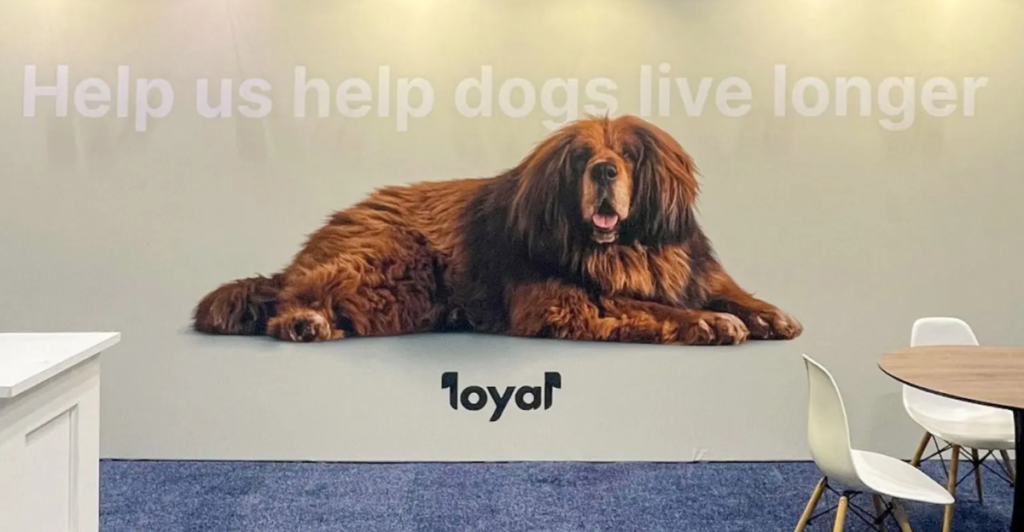
Losing your dog is one of the hardest things you’ll ever face. But what if science could give us more time? A San Francisco biotech startup, Loyal, has developed a pill designed to slow aging in dogs, potentially extending their lifespan. But could this breakthrough really work as intended, or will it bring unexpected consequences?
Meet the Company Behind the Innovation

Loyal, a San Francisco-based biotech startup, is on a mission to help dogs live longer, healthier lives. Focused on longevity science, Loyal develops drugs that target aging mechanisms, particularly metabolic dysfunction. With major funding and FDA recognition, the company is in charge of veterinary anti-aging research. But what inspired this groundbreaking pursuit?
The Quest to Extend Canine Lifespans

Dogs bring us joy, companionship, and unconditional love—but their lifespans feel heartbreakingly short. Loyal aims to change that by addressing aging at a biological level. Their research focuses on slowing the aging process, not just treating age-related diseases. Could this be the future of pet longevity?
What Are They Trying to Combat?

As dogs age, they face a decline in metabolic health, leading to issues like arthritis, organ failure, and cognitive decline. Loyal’s drugs are designed to counteract these effects, promoting not just a longer life but a healthier one. Their goal is to enhance quality of life, ensuring extra years filled with vitality.
Introducing the Anti-Aging Pill

Loyal’s most promising products include LOY-001, LOY-002, and LOY-003. LOY-001 targets large and giant breeds, which often have shorter lifespans. LOY-002 focuses on senior dogs of all sizes, and LOY-003 is also aimed at large breeds. These drugs could redefine how we approach canine aging. But how do they work?
The Science Behind the Innovation

Loyal’s drugs target aging at a cellular level. By regulating metabolic pathways and reducing age-related deterioration, these pills could extend a dog’s lifespan without compromising quality of life. This groundbreaking approach draws from human longevity research, hinting at potential applications beyond pets.
What the Studies Reveal

Loyal’s STAY study, the largest veterinary trial ever conducted, involves over 1,000 dogs. Early results suggest promising improvements in metabolic health and longevity. The high participation rate highlights the growing interest in canine longevity research. But what do skeptics say?
Controversy and Ethical Concerns

While many embrace the idea of extending pet lifespans, some critics question the ethics. Would longer lives mean prolonged suffering for aging dogs? Loyal argues otherwise, emphasizing that their treatments focus on improving health alongside longevity. Still, the debate continues.
The Business of Pet Longevity

The pet industry is booming, with owners willing to invest in their pets’ well-being. A longevity pill could revolutionize pet care, creating new opportunities in veterinary medicine. Loyal’s success could set the stage for an entirely new sector of animal health.
Could This Research Benefit Humans?

Dogs and humans share genetic similarities and age-related diseases. By studying canine aging, scientists gain insights that could inform human longevity research. The implications extend beyond pets—this could be a stepping stone toward longer, healthier lives for all mammals.
What’s Next for Loyal?

With over $150 million in funding and FDA recognition for key products, Loyal is moving toward market approval. If successful, these drugs could change how we think about pet aging. Could a future where our dogs live significantly longer be closer than we think?
Explore more of our trending stories and hit Follow to keep them coming to your feed!

Don’t miss out on more stories like this! Hit the Follow button at the top of this article to stay updated with the latest news. Share your thoughts in the comments—we’d love to hear from you!







